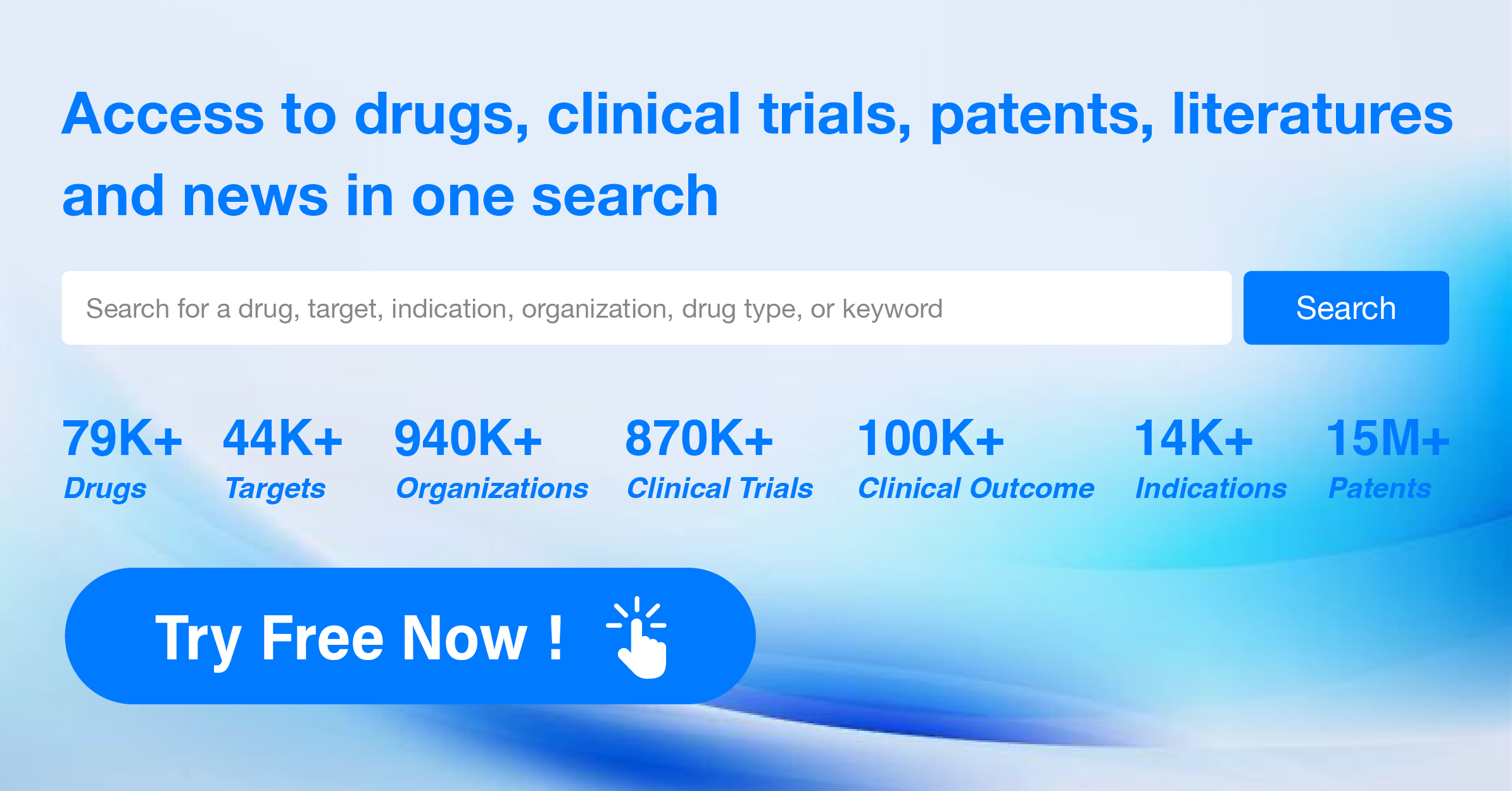What is the significance of liposomal drug delivery systems?
Liposomal drug delivery systems are unique formulations that have gained significant attention in recent years due to their ability to enhance the pharmacokinetics and targeting of certain medications. Liposomes are spherical vesicles made up of phospholipids and cholesterol that can encapsulate both hydrophilic and lipophilic drugs within their aqueous core or lipid bilayer, respectively. The use of liposomes as drug carriers offers several advantages over traditional drug delivery methods:
1.Improved drug solubility: Many drugs have poor water solubility, which limits their bioavailability and efficacy. Liposomes can increase the solubility of these drugs by entrapping them within their hydrophobic core, thereby increasing their absorption and distribution throughout the body.
2.Enhanced drug stability: Liposomes protect the encapsulated drug from degradation by enzymes and other chemicals present in the gastrointestinal tract and bloodstream. This increases the shelf life and reduces the required dosage frequency for some medications.
3.Reduced side effects: By selectively targeting specific tissues or cells, liposomal drug delivery systems can minimize the exposure of healthy tissues to the administered drug, thus reducing potential side effects. This targeted approach also allows for increased drug accumulation at the site of action, improving therapeutic efficiency.
4.Sustained release: Liposomes can be designed to release their encapsulated drug over an extended period, providing a more consistent and prolonged therapeutic effect. This sustained release can be particularly beneficial for patients who require frequent or continuous treatment.
5.Combination therapy: Liposomes can be used to co-encapsulate multiple drugs with different mechanisms of action, allowing for synergistic effects and potentially reducing the risk of drug resistance.
6.Biocompatibility: Liposomes are generally considered safe for human use due to their natural origin and lack of immunogenicity. They are readily taken up by cells through endocytosis, without causing any adverse reactions.
7.Protection from degradation: The lipid bilayer of liposomes protects the encapsulated drug from enzymatic degradation, thereby increasing its stability and prolonging its half-life.
8.Improved patient compliance: Liposomal formulations often exhibit lower side effects compared to free drugs, resulting in improved patient compliance and better treatment outcomes.
9.Targeted drug delivery: Liposomes can be modified to incorporate specific ligands on their surface, allowing them to target specific cells or tissues. This selective targeting helps to reduce off-target effects and increase the efficacy of the drug at the desired site of action.
In summary, liposomal drug delivery systems offer a promising platform for enhancing the pharmacokinetics and targeting of certain medications. By improving drug solubility, stability, and bioavailability, liposomes can reduce side effects, provide sustained release, enable combination therapy, and improve overall patient outcomes.




